MBBS In Russia
— Tenacity Education
About Russia
Russia, the largest country in the world, offers a diverse cultural experience, excellent educational opportunities, and a vibrant student life. Whether you’re interested in its rich history, stunning landscapes, or high-quality education, studying in Russia can be a transformative experience. In this article, we will delve into the fascinating facts about Russia, why it’s an attractive destination for international students, the education system in Russia, and the student life you can expect. Additionally, we will explore some of the potential disadvantages of pursuing an MBBS (Bachelor of Medicine and Bachelor of Surgery) degree in Russia. Let’s get started!
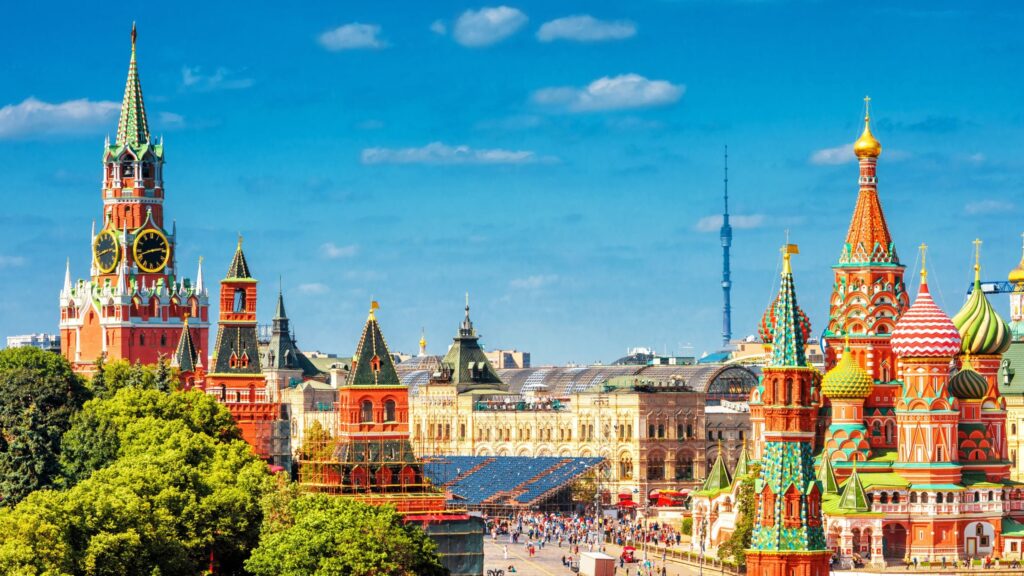
Best University In Russia

Orenburg State Medical University
Established in 1944, Orenburg State Medical University is one of the top-ranked government medical universities located in the city of Orenburg, Russia. It offers courses leading to officially recognized higher education degrees such as bachelor’s degrees, master’s degrees, and doctorate degrees in several areas of study.

Mari State University
Established in 1972 by the Ministry of Science and Higher Education of the Russian Federation. Mari State University (MarSU) is one of the rapidly growing classical universities of the Mari El Republic, Russia, located in the scenic city of Yoshkar-Ola which is the capital of Mari El Republic.

Perm State Medical University
Founded in 1916 and located in the Perm City of Russia, Perm State Medical University is one of the oldest and largest universities of Russia. The leading university is a popular name amongst Indian medical aspirants who want to pursue MBBS in Russia.

Samara State University
Samara University is one of the leading Russian universities. Its special status is enshrined in the regulatory documents of the Government of the Russian Federation and recognized by the academic community.

Ulyanovsk State University
Ulyanovsk State University was founded as a branch of Lomonosov Moscow State University in 1988 , the best university in the country, one of the most authoritative universities in the world.

Siberian State Medical University
The Siberian State Medical University, SibMed is a public medical school in Tomsk, Russia. It was founded in May, 1878 by the decree of the Emperor Alexander II. SibMed obtained the status of the only flagship medical university in Russia.

Kazan Federal University
The university was founded in 1804 as Imperial Kazan University, which makes it the second oldest continuously existing tertiary education institution in Russia. Founder of non-Euclidean geometry Nikolai Ivanovich Lobachevsky served there as ….
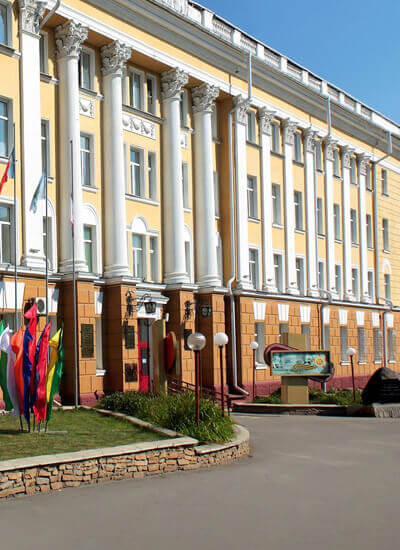
Altai State University
Altai State University is a coeducational and public research university in Barnaul, Russia. It was established by a decree by Leonid Brezhnev as the first multidisciplinary university in Altai Krai in 1973.
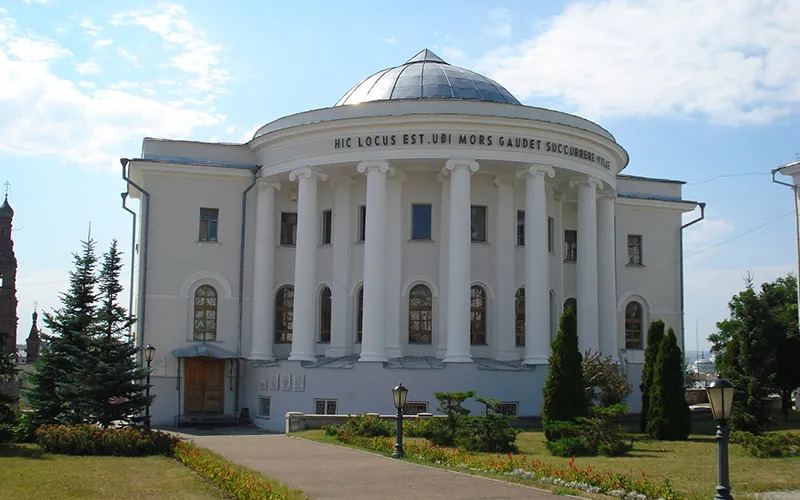
Kazan State Medical University
Kazan State Medical University Russia has more than 5500 medical students, clinical residents and interns. The university has around 700 students from more than 57 countries worldwide, and half of the study is in English.
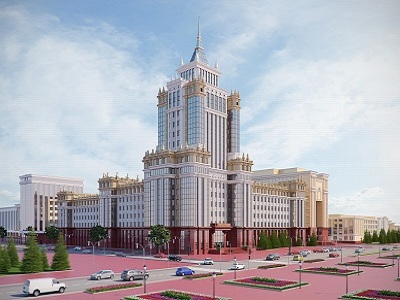
Mordovia State University
Ogarev’s Mordovia State University is located in Saransk City, the capital of the Republic of Mordovia, Russia. The University was established in October 1957 as an expansion of the Mordovian National Pedagogical Institute.
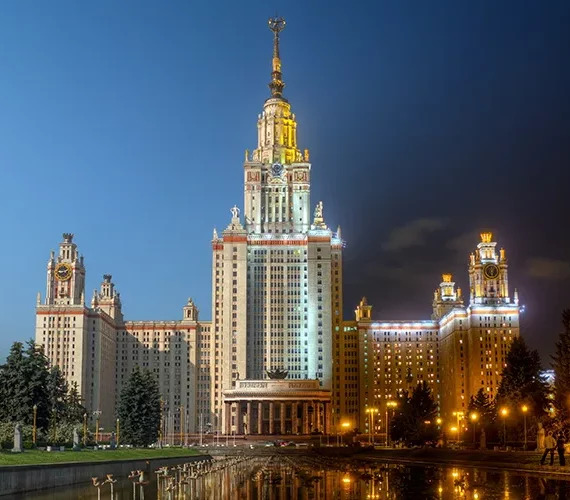
Lomonosov Moscow State University
Lomonosov Moscow State University is a public research university located in Moscow, Russia. We keep open the University doors to anyone who strives for new discoveries, creativity.
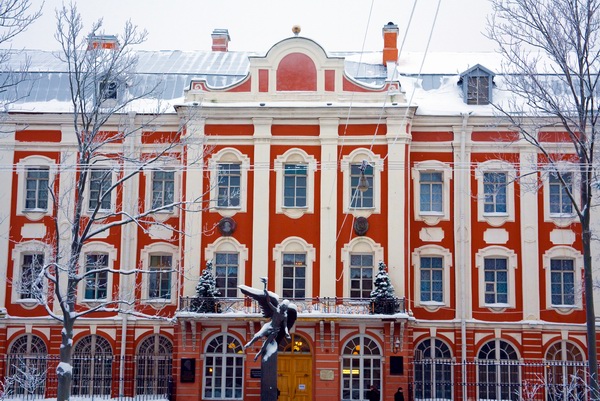
Saint Petersburg State University
The university is a federal state institution of higher education managed by the government of the Russian Federation. It has 24 faculties and institutes which are further subdivided into departments, and other main structural subdivisions.

Kursk State University
Kursk State University is Kursk’s oldest higher educational institution. University is a science and education center offering modern educational technologies and various forms of vocational training within 99 licensed specialties …
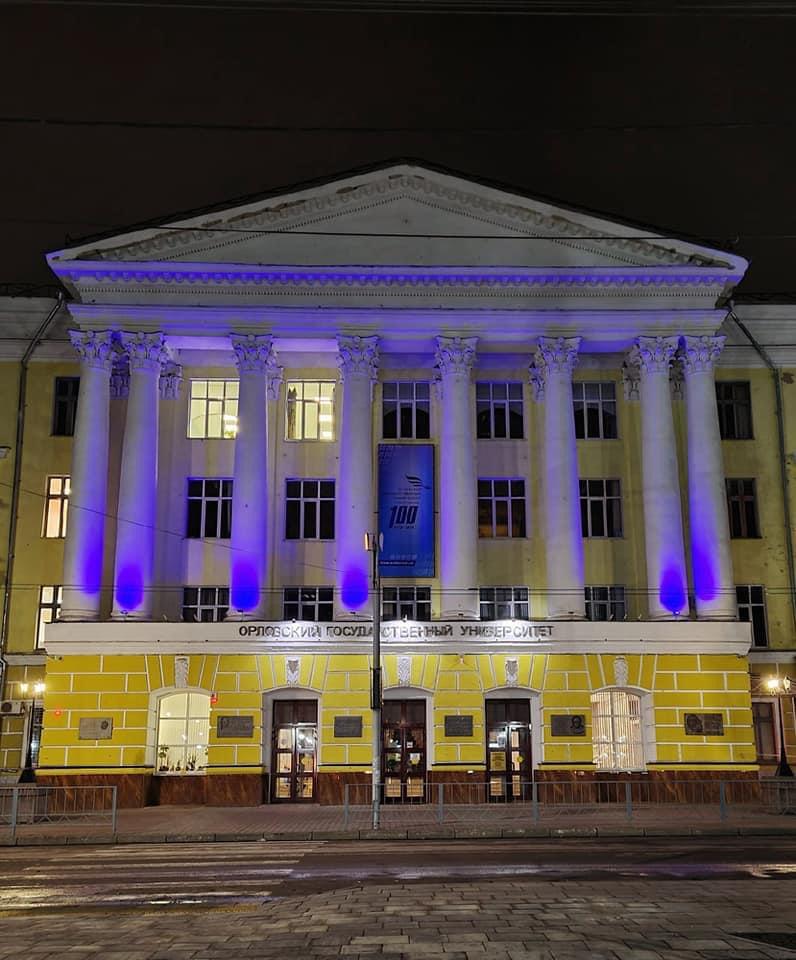
Orel State University
Orel State University was founded in 1931 as an industrial-Pedagogical Institute, which is on September 11, 1996, renamed into the Orel State University.
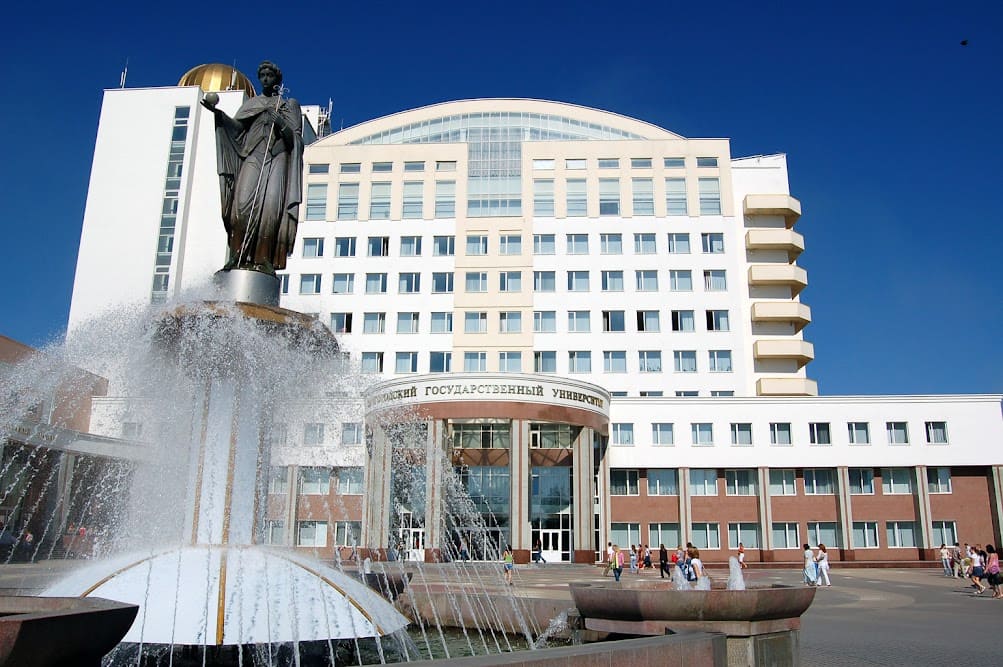
NSU Belgorod State University
The National Research University “Belgorod State University” is a university in Belgorod, Russia. Belgorod State University is one of the oldest universities in Belgorod and the largest university in the Belgorod region.
Fact About Russia
Russia is a country that spans two continents, boasts stunning landscapes, and has a rich cultural heritage. Here are some interesting facts about Russia:
Landmass and Geography: Russia is the largest country in the world, covering over 17 million square kilometers and spanning two continents, Europe and Asia.
Cultural Diversity: Russia is home to over 190 ethnic groups, contributing to a vibrant multicultural society.
Historical Significance: Russia has a rich history, with landmarks like the Red Square, the Kremlin, and the Hermitage Museum.
Natural Wonders: Russia is blessed with breathtaking landscapes, including the Ural Mountains, Lake Baikal, and the Trans-Siberian Railway.
Contributions to Science and Culture: Russia has made significant contributions to science, literature, and the arts, with renowned figures like Anton Chekhov, Leo Tolstoy, and Dmitri Mendeleev.
Why Study in Russia
Studying in Russia offers numerous advantages and opportunities for international students:
High-Quality Education: Russia has a long-standing tradition of excellence in education, with several universities consistently ranked among the top institutions worldwide.
Wide Range of Programs: Russian universities offer a diverse range of academic programs, including STEM fields, humanities, arts, and social sciences.
Affordability: Compared to many Western countries, the cost of education in Russia is relatively affordable, with numerous scholarships and financial aid options available for international students.
Cultural Immersion: Studying in Russia provides a unique opportunity to immerse yourself in a rich cultural experience, learning from the country’s history, language, and traditions.
Global Recognition: Russian degrees are globally recognized and valued, opening doors to career opportunities worldwide.
Scholarships: Russia offers several scholarships for international students, such as the Russian Government Scholarship (also known as the “Bolashak” scholarship), enabling deserving students to pursue their educational goals.
Education System in Russia
The education system in Russia is known for its high academic standards and comprehensive curriculum:
Structure: The Russian education system comprises three levels: primary, secondary, and higher education.
Higher Education: Russian higher education institutions include universities, academies, and institutes, offering undergraduate, graduate, and doctoral programs.
Teaching Methods: Russian universities emphasize theoretical knowledge, research, and practical skills development through lectures, seminars, laboratory work, and internships.
Academic Calendar: The academic year typically starts in September and consists of two semesters, with a winter break in January and a summer break from June to August.
Grading System: The grading system in Russian universities is based on a scale of 5 (excellent) to 2 (unsatisfactory), with 3 being the minimum passing grade.
Student Life in Russia
Studying in Russia not only offers excellent education but also an enriching student life experience:
Cultural Activities: Russia’s rich cultural heritage provides a myriad of opportunities for students to engage in cultural activities. From visiting iconic landmarks like the Red Square, St. Petersburg’s Hermitage Museum, and the Bolshoi Theatre to attending traditional festivals and exhibitions, students can immerse themselves in Russia’s vibrant cultural scene. They can explore the works of renowned Russian artists, enjoy classical music concerts, watch ballet performances, and indulge in traditional Russian cuisine. Participating in these cultural activities not only enhances one’s understanding of Russian culture but also fosters a sense of appreciation for the country’s artistic and historical contributions.
Social and Student Organizations: Russian universities offer a wide range of student organizations and clubs catering to various interests and hobbies. These organizations provide opportunities to connect with like-minded individuals, both from Russia and around the world, fostering a sense of community and friendship. Whether it’s joining a sports club, participating in student government, or engaging in cultural exchange programs, students have ample avenues to develop their skills, pursue their passions, and create lasting memories.
Sports and Recreation: Russia has a strong sporting culture, and students can actively participate in various sports and recreational activities. Many universities have well-equipped sports facilities, including gyms, swimming pools, and sports fields, where students can engage in their favorite sports or try new ones. Additionally, students can participate in inter-university sports competitions, fostering a spirit of healthy competition and teamwork. Engaging in sports and recreational activities not only promotes physical well-being but also provides an opportunity to unwind and relieve academic stress.
International Student Communities: Russia attracts a significant number of international students from around the world. Universities often have dedicated support services and programs to help international students adapt to their new environment. These programs may include language courses, cultural integration activities, and mentorship programs. Being part of an international student community allows for cross-cultural exchange, broadening perspectives, and building lifelong friendships with students from diverse backgrounds.
Travel Opportunities: Studying in Russia offers the advantage of being located at the crossroads of Europe and Asia, providing excellent travel opportunities. Students can explore the vast and diverse landscapes of Russia, from the historic cities of Moscow and St. Petersburg to the stunning natural wonders of Siberia and the Far East. Additionally, Russia’s geographical proximity to neighboring countries allows for easy travel to other European and Asian destinations. Traveling during academic breaks provides students with the chance to enrich their experiences, broaden their horizons, and create unforgettable memories.
Disadvantages of MBBS in Russia
While studying MBBS in Russia has its advantages, it is important to consider some potential disadvantages:
Language Barrier: The primary language of instruction in Russian universities is Russian. International students who are not fluent in Russian may face challenges in understanding lectures, participating in discussions, and completing coursework. While some universities offer English-taught programs, the options may be limited, especially for MBBS programs. Therefore, it is crucial for prospective students to have a good command of the Russian language or be prepared to undergo intensive language training.
Cultural Adjustment: Adjusting to a new culture, especially one that is significantly different from your own, can be a challenging process. Russian customs, traditions, and social norms may differ from what international students are accustomed to, which can lead to feelings of homesickness or cultural shock. It is important to be open-minded, adaptable, and willing to embrace cultural differences in order to have a positive experience in Russia.
Recognition and Licensing: Before pursuing an MBBS degree in Russia, it is important to research and ensure that the degree obtained will be recognized in your home country or the country where you plan to practice medicine. Some countries have specific requirements or licensing exams that need to be fulfilled for graduates of foreign medical programs. It is crucial to understand these requirements and evaluate the feasibility of practicing medicine in your desired location.
Quality of Education: While Russia is home to many prestigious universities, it is important to thoroughly research and select a recognized and reputable institution. The quality of education can vary among universities, and some may not meet the standards expected in terms of faculty expertise, infrastructure, or curriculum. It is essential to gather information, read reviews, and consult with current or former students to ensure that the chosen university provides a high-quality education in the field of medicine.
Adaptation to Medical System: The medical system and practices in Russia may differ from those in other countries. International students pursuing an MBBS degree in Russia may need to familiarize themselves with the Russian healthcare system, medical guidelines, and procedures. It can take time to adapt to the specific protocols and practices in the Russian medical field, which may present challenges during internships, clinical rotations, or when seeking employment opportunities in the future.
Limited Clinical Exposure: Some students pursuing an MBBS degree in Russia have reported limited clinical exposure during their early years of study. Practical training in medical institutions may not start until later stages of the program, which can affect the hands-on experience gained by students. It is important to inquire about the clinical training opportunities offered by the university and ensure that they align with your expectations and requirements.
Weather Conditions: Russia is known for its harsh and extreme weather conditions, especially during the winter months. This can be challenging for students coming from warmer climates who may find it difficult to adjust to the cold temperatures and long winters. It is important to be prepared for the weather conditions and make necessary arrangements, such as appropriate clothing and housing, to ensure a comfortable and safe stay in Russia.
Conclusion:
Studying in Russia provides a unique opportunity for international students to immerse themselves in a rich cultural experience, receive a quality education, and enjoy an active student life. However, it is important to consider the potential challenges and disadvantages, such as the language barrier, cultural adjustment, recognition of degrees, quality of education, adaptation to the medical system, limited clinical exposure, and weather conditions. By conducting thorough research, being prepared, and maintaining a positive and adaptable mindset, students can overcome these challenges and make the most of their educational journey in Russia.
Cost of Pursuing MBBS in Russia
The average MBBS fee structure of Russian medical universities starts at INR 2.5 lakhs annually. Here is the fee structure of different medical universities in Russia for Indian students looking forward to studying MBBS in Russia.
